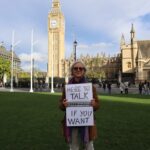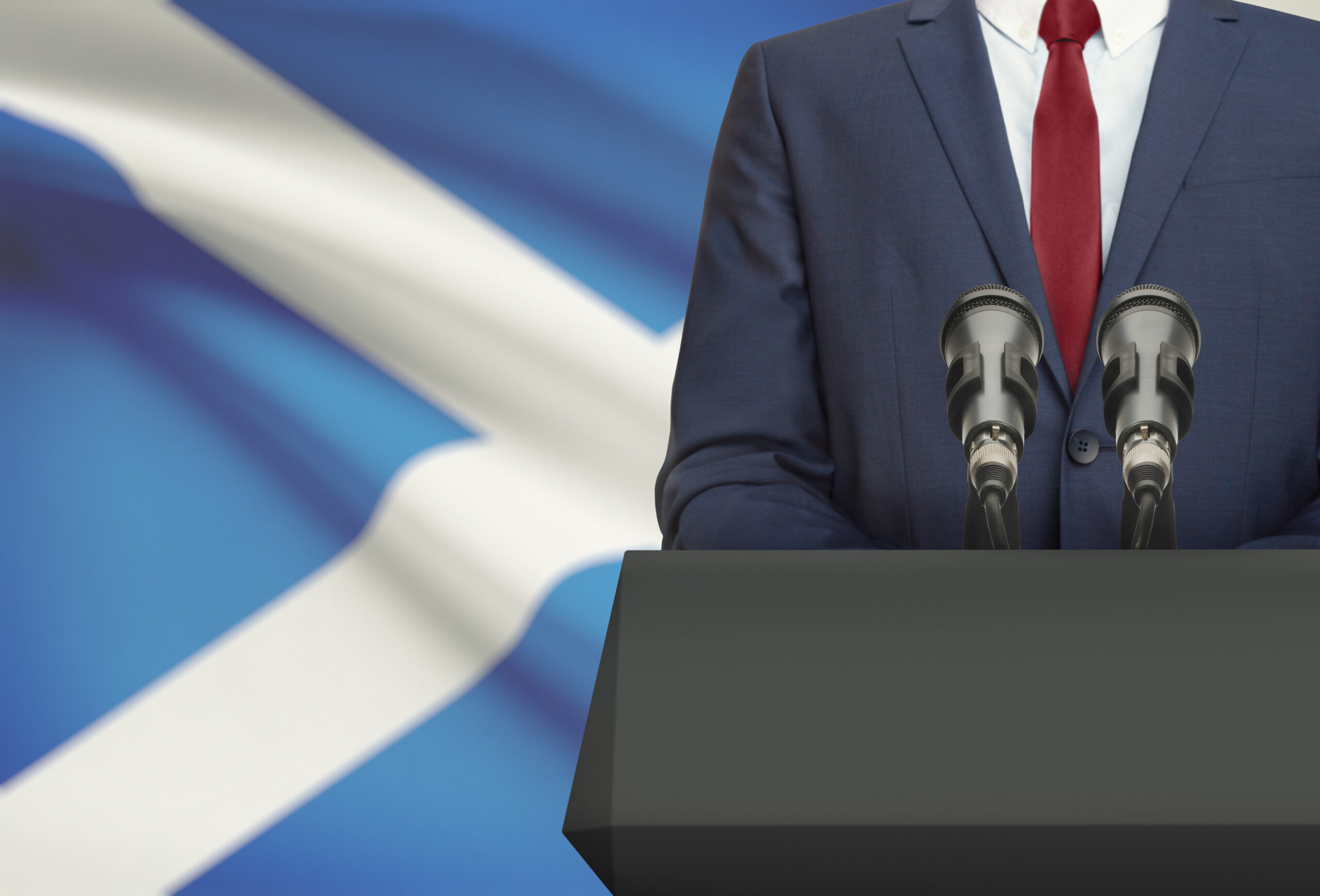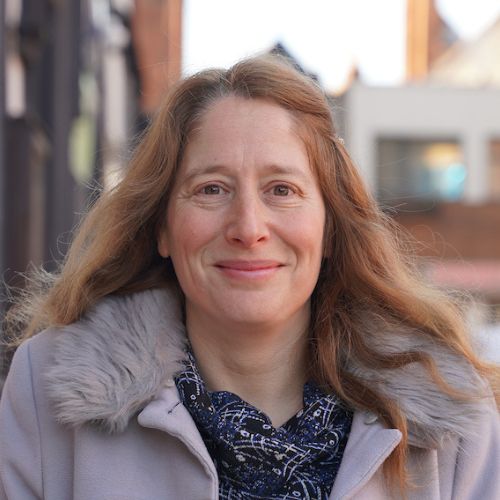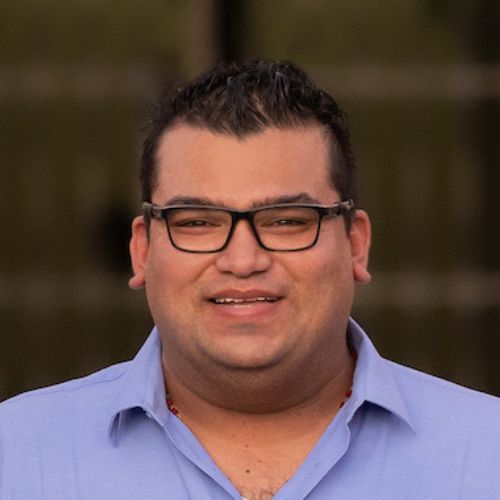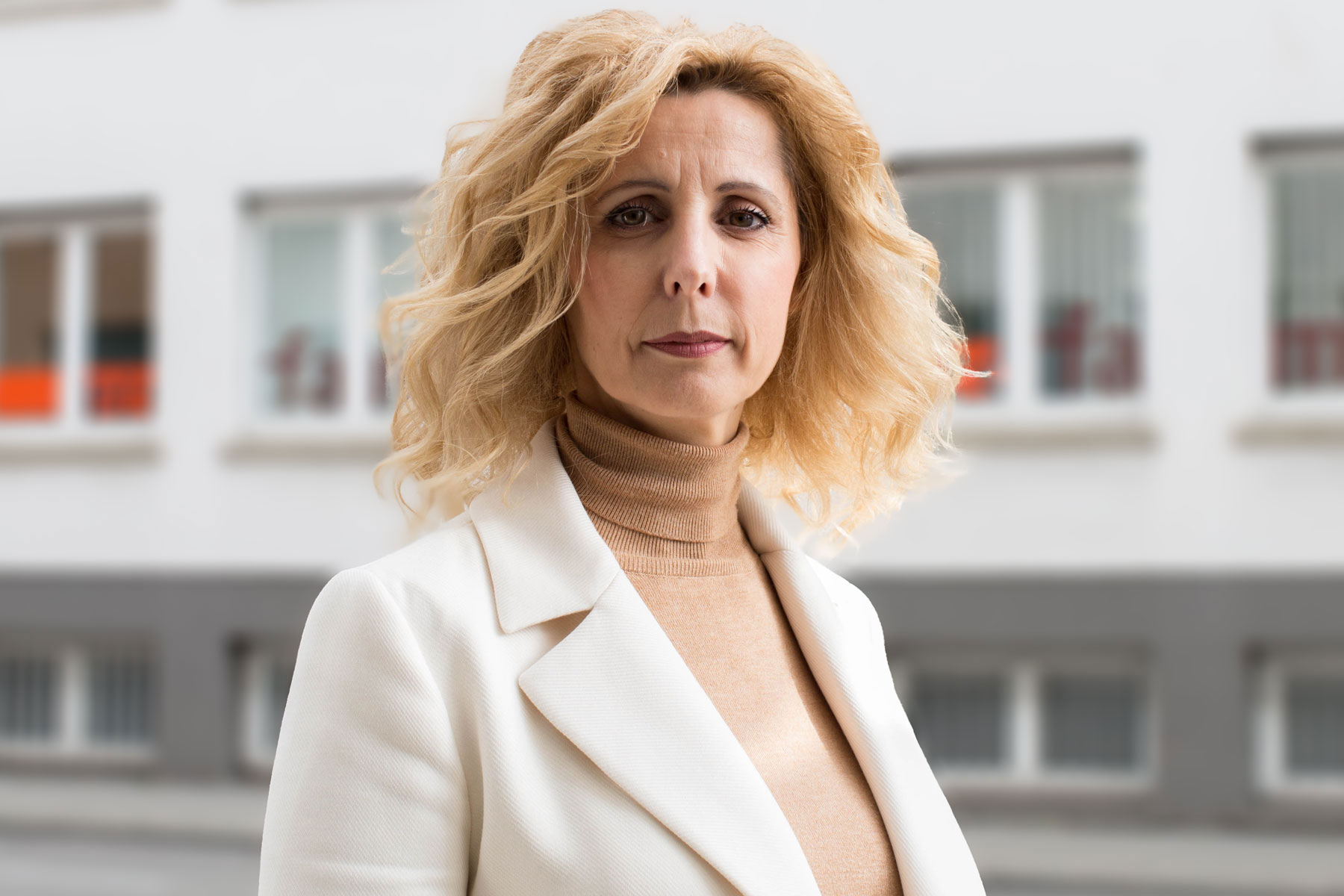Christianity in the Workplace
Equipping employers to facilitate an inclusive working environment
Free speech prevails over censorship and cancel culture
When local authorities shut down the National Conservatism conference in Brussels, we were there to provide a winning legal defence. Help us secure more victories today!
Trial pushed to September 2024 for silent prayer
Adam’s case is evidence that if you hold opinions and convictions counter to the government or popular culture, you might be punished.
Trending stories
Our Vision
ADF International advances the God-given right to live and speak the truth.
Life is safeguarded
Life is safeguarded
We uphold the inherent right to life under international law and support legal protections for life
Learn More
Religious Freedom prevails
Religious Freedom Prevails
We counter the global persecution of Christians and advocate for the right of all people to freely live out their faith
Learn More
All can speak freely
All can speak freely
We defend freedom of speech – the foundation of every free and democratic society
Learn More
Marriage and the family are protected
Marriage and the family are protected
We defend marriage and the family and challenge practices that destroy life and break family ties
Learn More
Parental rights are guaranteed
Parental rights are guaranteed
We ensure the primacy of parental authority in decisions affecting children
Learn More
Our Achievements
0
Wins Since 2010
0
Wins at the European Court of Human Rights
0
+
Open Advocacy Matters
Testimonials
Dr. Ján FigeľFormer EU Special Envoy for Freedom of Religion or Belief

"'Thanks to the support of ADF UK, I was able to defend my lawful, peaceful and constitutional right to speak freely in public."
Dia MoodleyChurch Pastor and Street Preacher 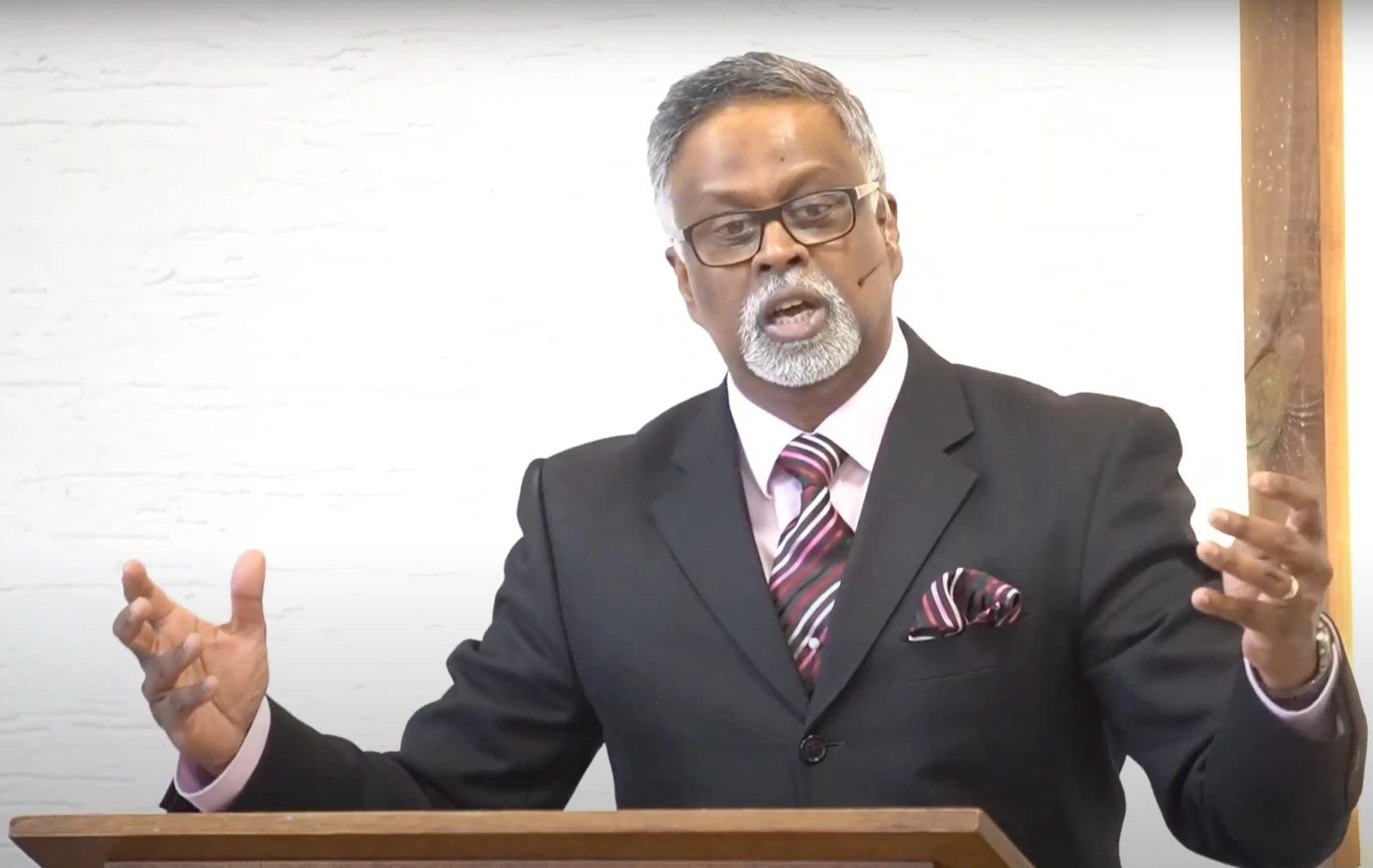
Stay Informed
Get involved! Sign up to receive updates:
"*" indicates required fields


